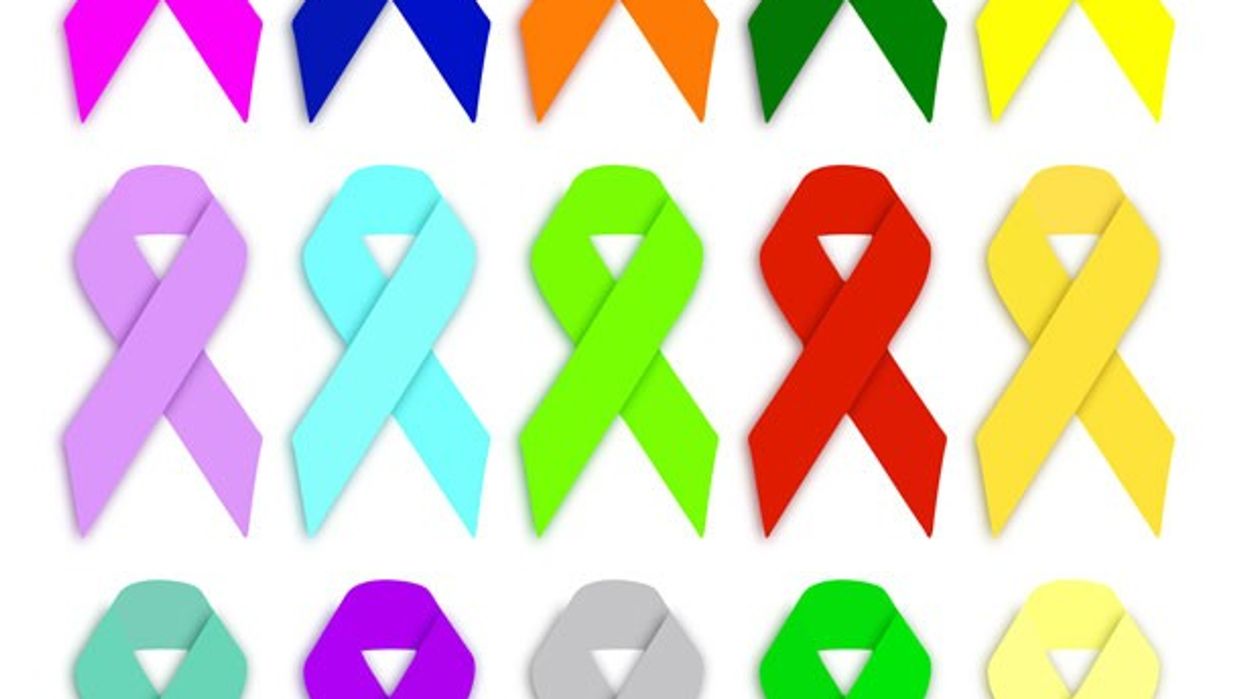In your daily life, you constantly evaluate, negotiate, and try to make sense of the information you receive, especially as it relates to your health and healthcare.
Does it make sense to take this or that medication? Is now the right time for a procedure or surgery? These are common questions you ask yourself.
There are three steps to take when making healthcare decisions.
One: Rely on Historical Information and Research
First, rely on the valuable historical information and research already done on the particular disease or treatment. If that approach has been around for decades, chances are it will be around for another decade. This historical data provides a solid foundation for understanding the effectiveness and reliability of the treatment.
Two: Know the General Risks and Benefits
Second, know the risks and benefits of every treatment plan, especially for new ones with little history. Understanding these can help you weigh your options better and make a more informed decision about your health.
Three: Understand Your Personal Risks and Benefits
Finally, you need to know your personal risks and benefits. Talking to your doctor will help you get that personalized information.
These three steps are paramount before choosing, selecting, or deciding on what to do with your health and healthcare.
The Importance of PAP Smears
Ladies, this process of screening for cervical cancer can save your life. Cervical cancer starts with premalignant cells on the cervix that don't typically cause symptoms. These cells can develop into advanced cervical cancer, which is the third leading cause of cancer-related deaths in women worldwide.
We also know that the sexually transmitted infection HPV (Human Papilloma Virus) is linked to cervical cancer, which is why we recommend screening early. Thanks to the Greek scientist Georgios Papanikolaou, who invented the PAP smear test in 1920, this preventative test has saved many lives and will most likely continue to do so for many more years. The history of this test is rich and overwhelmingly convincing in demonstrating its benefits.
Knowing your personal risks and benefits of this test is crucial. Over the past 100 years, we've learned that this test should be done at least every two years, starting at age 21 or when you start having intercourse, whichever comes first.
For women between the ages of 30 and 65, it's recommended to check for HPV along with the PAP test, which can then be done every three years. Make sure to talk to your doctor about when to start screening and how often to get screened.
The Necessity of Colonoscopy
Colonoscopies are done to catch colon cancer at its early stages before it becomes advanced and reaches a point of no return.
You might ask, "How much time do I really have? When is the perfect time to get my colonoscopy?"
Thanks to decades of data and a history of observing colon cancer, we know a lot. Back in the 1990s, nationwide recommendations for colonoscopy screening were released. Awareness increased significantly after President Ronald Reagan underwent his life-saving colonoscopy procedure. The health community is now moving towards recommending colon cancer screening at even earlier ages.
Your actual risk for colon cancer is discovered at the individual level. Colon cancer is influenced by both environmental and genetic factors that you may or may not control. You may need early screening if you have a family history of colon cancer, or you may need it if you are having symptoms like blood in your stool.
Speak to your doctor to find out the best time for you to start your screening.
Understanding Metformin
Metformin is a diabetic medication that has been around since 1957. It was developed by a French physician using an herbal medicine called Galega Officinalis.
Metformin has been used for six decades, which means 60 years of information prove it to be safe and effective in treating type 2 diabetes mellitus. It is still considered the first-line treatment for diabetes and is the most prescribed oral diabetic medication worldwide.
Knowing the risks and benefits of taking Metformin is essential.
The benefit is simple: better blood-sugar control. It works.
The risks include:
- abdominal cramping
- nausea
- diarrhea
- vitamin B12 deficiency
- headache
- dizziness, and
- flatulence
However, these side effects are rare, seen in only one to ten percent of the people who take it.
One serious side effect worth mentioning is lactic acidosis, which is so unlikely that its frequency is not even defined in the literature. It occurs in less than 1% of people. This is more of a warning for physicians about people with kidney problems who take Metformin.
Know your personal risks and benefits with Metformin. It starts with your trusted physician assessing that your risk for side effects is extremely low compared to the benefits you would have with this medication. The benefits, such as controlled blood sugars, outweigh the risks, preventing heart problems, kidney problems, and even blindness.
So, deciding whether to take the Metformin your doctor recommended? You now have some history and background information about Metformin. You understand this drug's true risks and benefits, but most importantly, you know how to obtain information about your personal risks and benefits. Remember, your ultimate strategy is one you co-create with your physician.
Wrapping It Up
Making informed healthcare decisions involves 1) understanding historical data, 2) knowing the risks and benefits of treatments, and 3) considering your personal health factors.
Whether you're getting a PAP smear, deciding on a colonoscopy, or taking Metformin, these steps will help you make the best choices for your health.
Always consult with your doctor to tailor decisions to your specific needs, ensuring you benefit from both medical advancements and personalized care. Your health is too important to leave to chance—make informed decisions today.















 Dr. Froswa Booker-Drew is the co-founder of the Heritage Giving Circle, an organization that promotes Black philanthropy and supports Black women-led nonprofits.
Dr. Froswa Booker-Drew is the co-founder of the Heritage Giving Circle, an organization that promotes Black philanthropy and supports Black women-led nonprofits. Karla Mingo believes that her greatest gift as a cancer survivor is the ability to live with gratitude and thankfulness.
Karla Mingo believes that her greatest gift as a cancer survivor is the ability to live with gratitude and thankfulness.